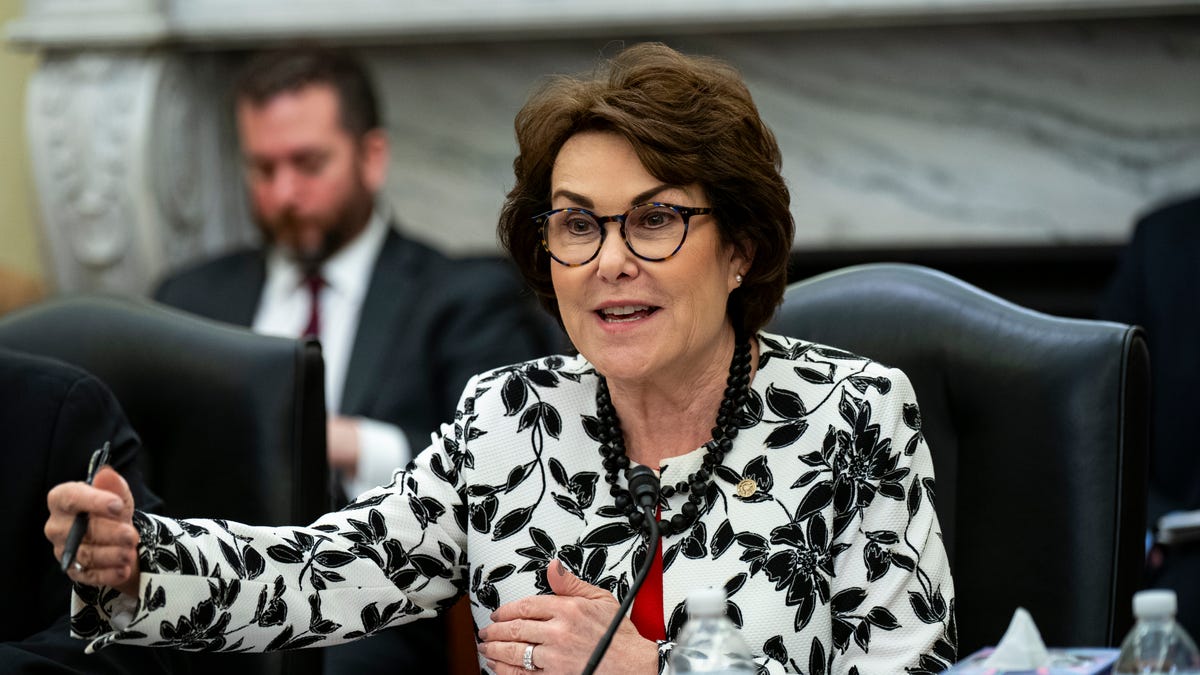The unexpected voice vote comes as congressional Republicans work to pass legislation that would include a similar provision.
Is Trump a hugger? Kids ask tough questions in White House briefing.
The White House welcomed children of reporters who make up the White House press corps and White House staff to the press briefing room.
- The deduction would only apply to cash tips and could be claimed by people who earn up to $160,000, which would rise along with inflation.
- Ending taxes on tips would cost around $110 billion in federal revenues over the next 10 years, according to estimates by the center-right Peter G. Peterson Foundation.
- Only around 2.5% of the workforce are in tipped occupations, according the Budget Lab at Yale. And 37% of tipped workers make so little that they don’t pay federal income taxes.
WASHINGTON – The U.S. Senate on May 20 unexpectedly passed a bill to create a new tax deduction on tips worth up to $25,000.
The bill, introduced by Sen. Ted Cruz, R-Texas, was brought up for a voice vote by Sen. Jacky Rosen, D-Nevada. It passed with unanimous consent – a rare occurrence for substantive legislation.
The deduction would only apply to cash tips and could be claimed by people who earn up to $160,000, which would rise along with inflation.
The deduction would only apply to cash tips and could be claimed by people who earn up to $160,000, which would rise along with inflation.
Ending taxes on tips would cost around $110 billion in federal revenues over the next 10 years, according to estimates by the center-right Peter G. Peterson Foundation.
In a floor speech bringing up the vote, Rosen noted that the proposal was one of President Donald Trump’s key campaign promises.
“I am not afraid to embrace a good idea, wherever it comes from,” she said. “So I agreed we need to get this done.”
The bill would still need to be approved by the House of Representatives before it could become law.
It comes as congressional Republicans are seeking to advance a massive tax cut and spending package that would also create a tax break on tips for the next four years.
The measure would have limited impact for low-income workers overall: Only around 2.5% of the workforce are in tipped occupations, according the Budget Lab at Yale. And 37% of tipped workers make so little that they don’t pay federal income taxes.
